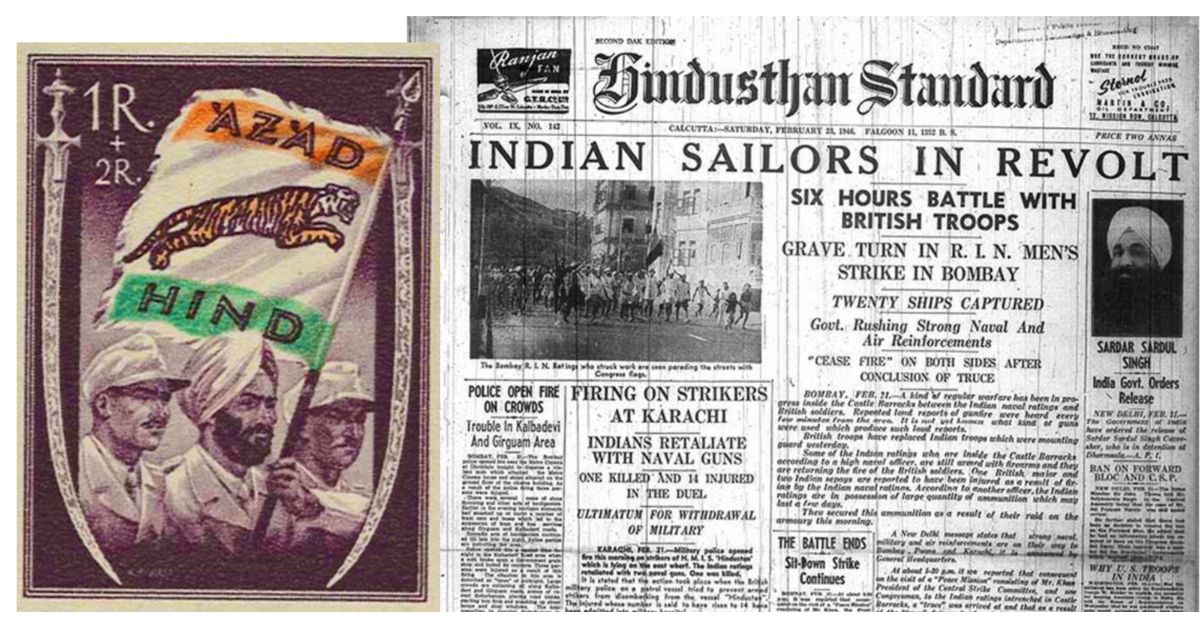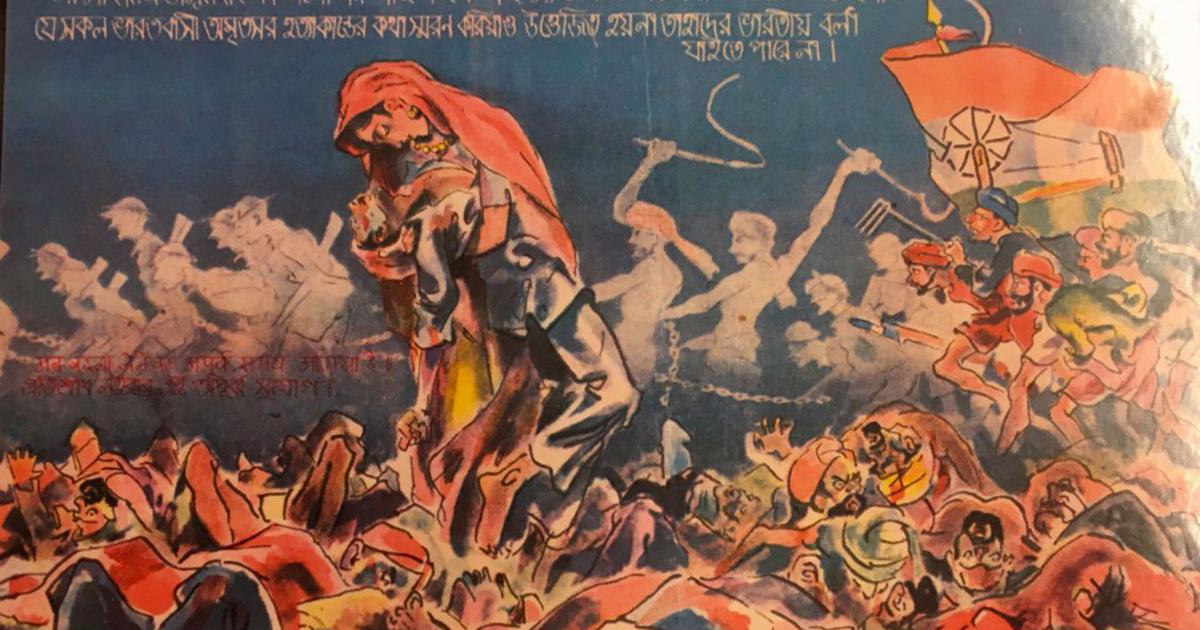When do we celebrate "Independence day"?
Independence Day is one of the most widely celebrated national holidays across the world. Almost every country has a day dedicated to commemorating its liberation from colonial or oppressive rule. But have you ever stopped to ask: what exactly do we mean by “independence”? More importantly, when does a country truly become independent?
Take India, for instance. Every year, we celebrate August 15th as our Independence Day. According to the official government website, “It was on 15th August 1947 that India was declared independent from British colonialism, and the reins of control were handed over to the leaders of the country.”
It seems straightforward: before that date, India was ruled by British administrators who governed in the interests of the British Empire, largely ignoring the will of the Indian people. Then, when the British parliament passed the Indian Independence Act of 1947, legislative authority was transferred to the Indian Constituent Assembly. From that point on, Indians began governing India. That was, in legal and political terms, our “Independence.”
So naturally, you'd think this is how it works for every nation right? You celebrate the day when your colonial rulers officially hand over power. But is that really how everyone sees it?
Declaring freedom vs. being granted it
Consider the United States. Their “war of Independence”, the American Revolutionary War began in 1775, and though the British were effectively defeated by the Americans, led by George Washington in 1781 at Yorktown (with considerable help from France), the British Crown didn't formally recognize American independence until the Treaty of Paris was signed on September 3rd, 1783.
If we applied the same logic as India's, the U.S. should celebrate its independence on September 3rd. But they don't.
Instead, Americans celebrate the 4th of July, 1776 - the day the Declaration of Independence was adopted by the Continental Congress. On that day, the leaders of the 13 colonies proclaimed, in writing, that they were no longer subjects of the British Crown. They hadn't won the war yet, and they certainly hadn't been recognized as a sovereign state. But in their minds, and in their hearts, they were already free.
This blew my mind when I first realized it. Americans don't celebrate the day they were given independence, they celebrate the day they claimed it. Almost seven years before they were officially free!
That's a powerful idea: freedom begins when you see yourself as free, not when someone else tells you that you are.
Other nations, same spirit
This isn't just an American quirk.
Look at Mexico. Their Independence Day is September 16th, commemorating the “Grito de Dolores” (Cry of Dolores) in 1810, a passionate call to arms by Catholic priest Miguel Hidalgo in the town of Dolores. That speech ignited a decade-long struggle for freedom from Spanish colonial rule. The revolutionaries only deposed the Spanish viceroy in 1821, and Spain didn't formally recognize it until much later. Even today, every year, on September 16th, the President of Mexico re-enacts Hidalgo's cry for freedom on Independence day by ringing the same church bell he once rang. That's their moment of identity.
Indonesia offers another compelling example. Like India, it too is an Asian nation that achieved independence in the mid-20th century. On August 17th, 1945, Indonesian leaders Sukarno and Mohammad Hatta proclaimed their country's independence from Dutch colonial rule (Proklamasi Kemerdekaan). The Netherlands didn't formally recognize this until 1949. Still, Indonesians mark August 17th as the birth of their nation. It was the day they decided they were free.

So what about India?
Reflecting on these stories, I can't help but feel disheartened by the symbolism behind India's Independence Day. We celebrate the day our colonizers granted us independence - picked, incidentally, by Lord Mountbatten because, among other things, it coincided with Japan's surrender in WWII, a date significant to him, not to us.
Why do we continue to honor a date chosen by our last Viceroy?
Shouldn't we have picked a moment that symbolized our assertion of freedom?
Take October 21st, 1943, for instance - the day Azad Hind, the Provisional Government of Free India, was established by Subhas Chandra Bose. It was the first Indian government to be recognized by several nations and exercised direct control over parts of Indian territory. Its army, the Indian National Army, even fought the British in WWII! Though short-lived, Azad Hind ignited a wave of resistance across the subcontinent. When the British later put INA officers on trial at the Red Fort, the nation erupted in protest. For once, the Muslim league stood united with the Indian National Congress, outraged at the persecution of soldiers they saw as heroes.
Or why not February 18th, 1946 - the day the Royal Indian Navy Mutiny began? Indian naval sailors, tired of racism and colonial command, took control of naval ships in Bombay and elsewhere. What terrified the British wasn't just the mutiny, it was that Indian troops refused to fire on their fellow countrymen. The British had to bring in English soldiers from overseas to try and restore order. For the first time, it became painfully clear to the Raj: without the loyalty of Indian sepoys, the empire couldn't hold. This moment, more than any peaceful protest or strike, showed the British they were no longer in control. A united military rebellion like this was the realization of a long held dream many revolutionaries had died for.

As someone who believes that symbolic acts of resistance and self-definition are more meaningful to national identity than legal formalities, I find our current Independence day underwhelming. Independent India's first leaders missed an opportunity to make a stronger, more inspiring statement about what it truly means to be free.
Independence is not a gift handed over in a formal ceremony. It's a fire that burns within, a decision to no longer be ruled, even before that claim is recognized.
And maybe, that's what we should be celebrating.
Thanks for reading this post. I'd love to hear your thoughts! Click here to send me your comments.
Liked what you read? Check out all my other posts here!
